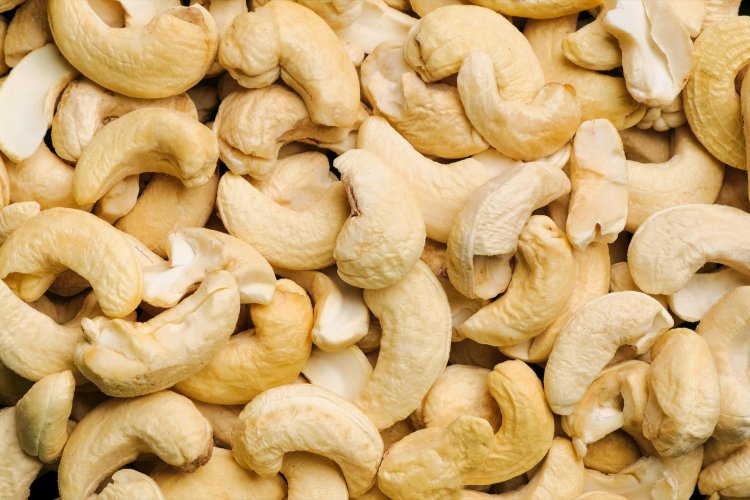The Cashew Nut: Nature's Versatile Delicacy
Cashew nuts, cherished for their rich, buttery taste and distinct kidney shape, originate from the cashew tree (Anacardium occidentale), native to northeastern Brazil. Today, cashews are widely cultivated in tropical regions around the globe, including India, Vietnam, Nigeria, and Ivory Coast, making them a staple in international cuisine and industry.

Botanical Background and Cultivation
The cashew tree is a tropical evergreen that produces both a fruit, known as the cashew apple, and the cashew nut itself. The cashew apple is edible and sweet, resembling a small pear or bell pepper in shape and ranging in color from yellow to red. However, it is the cashew nut—contained within a hard shell at the bottom of the cashew apple—that garners the most attention and culinary use.
Cultivating cashews involves meticulous care due to the toxic resin, urushiol, present in the shell that can cause skin irritation. Harvesting requires skilled labor to carefully extract and process the nuts, typically through roasting or boiling to remove the resin and shell. This labor-intensive process underscores the value and effort invested in bringing cashews to market.
Nutritional Profile and Health Benefits
Cashew nuts are renowned for their nutritional density. They are rich in heart-healthy monounsaturated fats, essential proteins, vitamins (including vitamin E and vitamin B6), and minerals such as copper, zinc, and magnesium. These nutrients contribute to various health benefits, including improved cardiovascular health, strengthened immune function, and enhanced nerve and muscle function.
Moreover, cashews contain antioxidants like polyphenols and phytosterols, which combat oxidative stress and inflammation in the body. Their moderate glycemic index also makes them a suitable snack choice for individuals managing blood sugar levels.
Culinary Versatility and Uses
In the culinary world, cashews are celebrated for their versatility. Their creamy texture and mild, nutty flavor make them a prized ingredient in both savory and sweet dishes. Cashews are commonly used in Asian cuisines for curries, stir-fries, and desserts, where they add richness and depth. Additionally, cashew butter and cashew milk have gained popularity as dairy alternatives in vegan and lactose-intolerant diets, offering a creamy texture and nutritional benefits similar to traditional dairy products.
Industrial and Economic Significance
Beyond their culinary appeal, cashews play a significant role in various industries. The cashew nutshell liquid (CNSL), extracted from the shell, contains phenolic compounds and is utilized in the production of resins, varnishes, and adhesives. This byproduct enhances the economic value of cashew cultivation, making it a profitable venture for farmers in tropical regions.
In conclusion, cashew nuts exemplify nature's bounty with their rich nutritional profile, versatile culinary applications, and industrial utility. From their origins in Brazil to global cultivation and consumption, cashews embody a blend of tradition, innovation, and sustainability in agriculture. As consumers increasingly prioritize health-conscious choices and sustainable practices, cashews remain a valued commodity that bridges culinary delight with nutritional excellence.
Disclaimer: The information provided in this article is for educational purposes only and should not be considered medical advice. If you have any health concerns or are experiencing symptoms, it is important to consult with a healthcare professional, such as a doctor or clinic, for proper diagnosis and treatment. Always seek the advice of your doctor or other qualified health provider with any questions you may have regarding a medical condition. Do not disregard professional medical advice or delay in seeking it because of something you have read in this article.
#BotanicalBackground #CashewCultivation #NutritionalBenefits #CulinaryUses #IndustrialSignificance #HealthConscious #SustainableAgriculture #CashewNuts
What's Your Reaction?





















